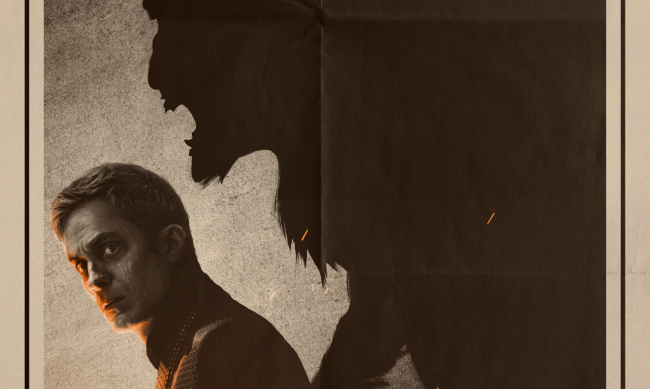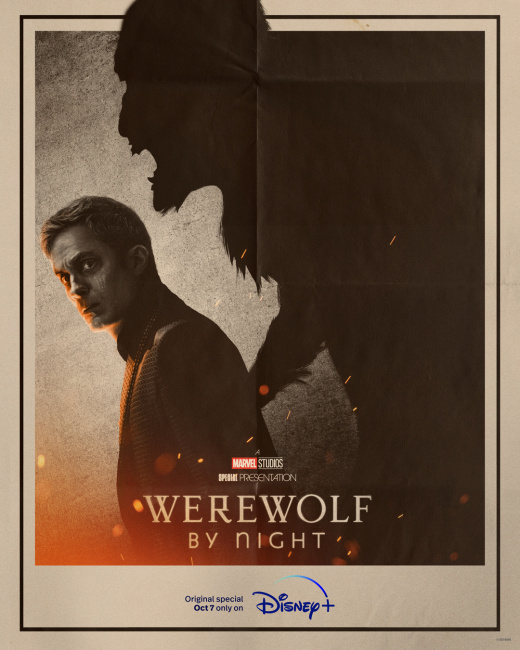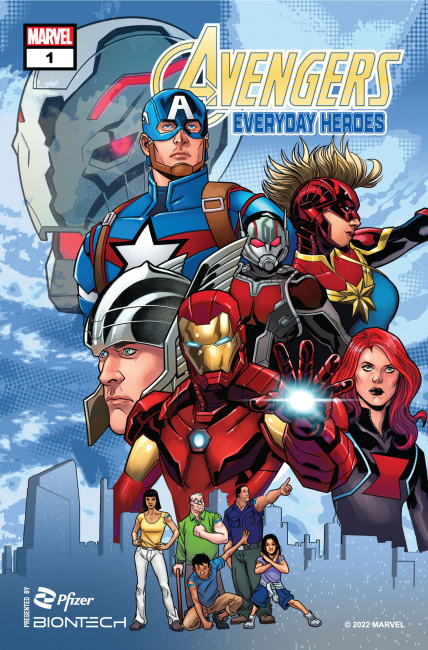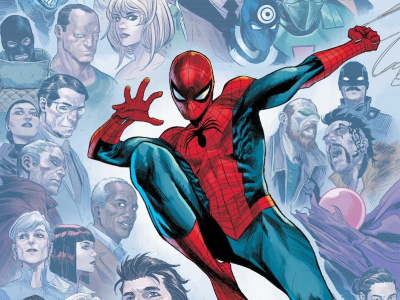Generally, I don’t mind it when the MCU makes changes to Marvel characters because it's almost always an improvement on the source material, made to make them more appealing to a wider audience. This is mostly the case for Marvel’s first “Special Presentation” Werewolf By Night. In the comics, Jack Russell has always been a rather nondescript young white guy; the MCU cast thirty-something Mexican actor Gael García Bernal for the role, who has given the character a measure of tragic gravitas. And, I was ok with director Michael Giacchino’s decision to eliminate the guns and “shoot first and quip something awful afterward” persona writer Warren Ellis first gave her in the 2016 miniseries Nextwave to make Elsa Bloodstone “less hypersexual and more of a ‘real person”.
However, I was not that crazy about what they did with Man-Thing. I have to confess, having grown up reading writer Steve Gerber’s run on the series right off the shelves, his stories had a lot of impact on me. So, it’s understandable if I consider the mindless, silent creature who only acts when acted upon by others, to be the definitive Man-Thing.
As I said, the MCU is usually right when they mess with the comics canon, so maybe this version of the character will be more popular with a mass audience? And, I did like the costume. But even if was ready to accept a completely different Man-Thing (and I’m afraid I’m really not), I had to question some of their choices.
For example, they never use the name. Yes, it’s silly and you’ll feel silly saying it, but there are intellectual properties to protect. I’m fairly sure that Marvel can’t trademark “Ted”; the only thing the creature is called (after “Ted Sallis”, the scientist who was transformed into Man-Thing).
No one ever uses his signature tagline, “Whoever Knows Fear Burns At The Touch of the Man-Thing,” which contains information the audience really needs to know. It’s never fully explained why Man-Thing’s touch burns some people but not others (Elsa Bloodstone survives because she calls him “Ted”). While thankfully he doesn’t talk, like he does in Marvel’s 2017 Man-Thing miniseries written by R.L. Stine (though Jack Russell can somehow understand his grunts), the formerly silent creature wails and roars like an electrocuted kaiju.
And finally, in the end, it’s established that Man-Thing has enough mental acuity to brew a decent cup of coffee for Jack. Even if I was on board with all of the other changes, I’m afraid I’d have to draw the line at Man-Thing being a barista.
I've always had a fondness for custom comics, whether they're promoting a business or a cause, for the freak factor, sure. Who wouldn’t want to read The Colonel of Two Worlds where KFC’s Col. Sanders teams up with The Flash and Green Lantern (see “Who Would Have Thought It?”), if for no other reason than to say that you have? But also because it’s a chance to read a comic specifically designed for people who don’t read comics that’s told from a human perspective.
Like the recent Avengers: Everyday Heroes, a COVID-19 vaccine awareness comic sponsored by Pfizer and Marvel, by Paul Allor and Paco Diaz that focuses on a group of real people waiting for their vaccine shot. It uses a battle between the Avengers and Ultron as a metaphor for fighting COVID-19 and does a solid job of conveying its message without beating it into the ground. The comic can be found on Marvel's website.The opinions expressed in this column are solely those of the writer, and do not necessarily reflect the views of the editorial staff of ICv2.com.










